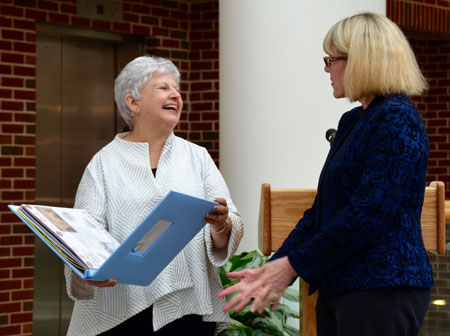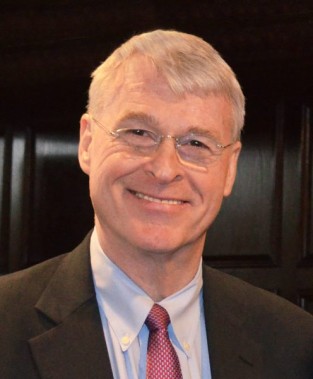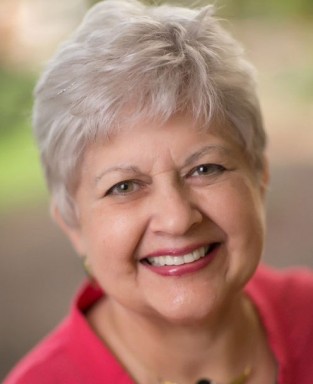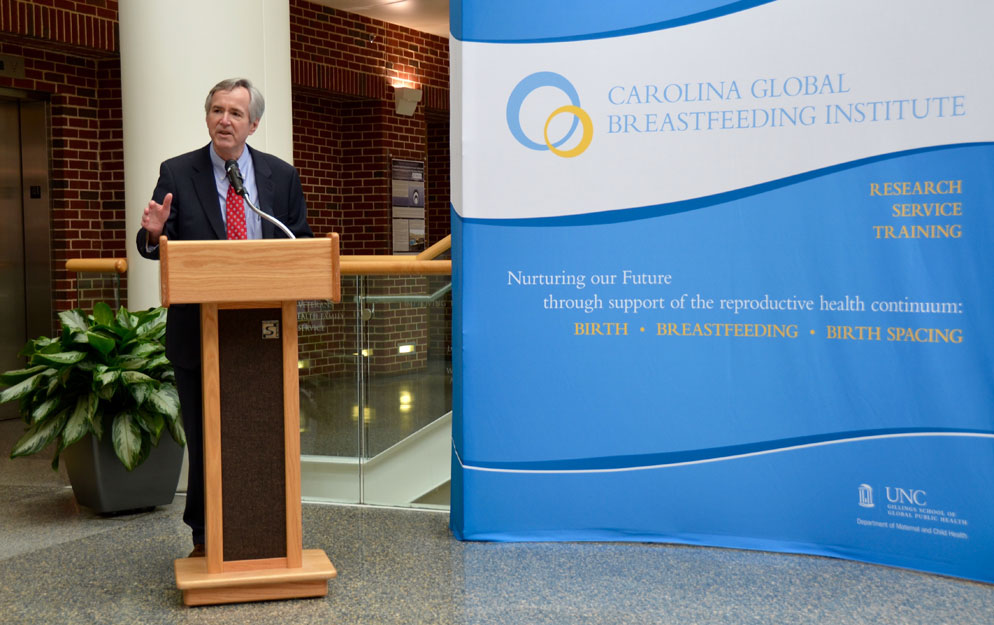Related Posts
Dr. Harrison Spencer — a very effective leader
Harrison Spencer died last week. He was a peaceful, soft-spoken and kind man, felled by violence.
A couple weeks ago, we were all together for the annual retreat of deans and program directors who are members of the Association of Schools and Programs of Public Health (ASPPH). Anyone watching Harrison Spencer, the association’s president and chief executive officer, would have seen a man operating quietly and effectively behind the scenes to ensure that the meeting went smoothly and that every attendee felt good about it. When he was acknowledged, he tended to deflect it, referring to ASPPH staff, planning committee members and others to whom he’d give credit. Dr. Spencer was decidedly not an “I” person, and that was one of the qualities that drew me to him. Yet, he was not without preferences, predilections and the power to persuade.
I’d known Harrison for nearly 20 years, from the time I was at the National Cancer Institute, and he came to visit us on behalf of then-ASPH members. It wasn’t until 2005, when I attended my first retreat as dean, that I got to see him in action. Each year after that, my respect and appreciation for Harrison grew. Because of his humility, a person might have underestimated his forcefulness – particularly, his persistence in moving the association to do the right thing in various areas. The toughest push was in unifying programs and schools of public health. At first, many of us wanted to stick with the small club of deans. Although the number of schools had grown a lot (to more than 50), the group was small enough that we developed real friendships and relationships we were reluctant to lose. Harrison saw the vision of a larger and more effective organization, and he pushed forward in a variety of ways that never seemed aggressive or self-serving. In the process, he created a stronger organization that has the potential to achieve much greater impact. That will be a large part of his legacy.
Harrison Spencer was an advocate for all of us. He made it a point to get around to as many American Public Health Association (APHA) receptions as he possibly could each year, and I never saw him show favoritism. I remember our last conversation a week after the 2016 retreat. He called me (and likely many others as well), as he so often would, to check in on my reactions to the meeting. Besides the meeting, we talked about our respective marriages of more than 40 years and appreciation for our spouses. He repeatedly spoke of his wife Christine’s positivity. He especially appreciated that quality in her and in others. The conversation left me feeling good about Harrison, myself and the organization (and my spouse!).
Spencer’s ASPPH colleagues, in their tribute to him, remembered:
Dr. Spencer often summarized his thoughts with the phrase, ‘at the end of day.’
To quote him, ‘at the end of the day,’ we are left with a deep sadness and a lasting legacy generated by his energy, vision and passion for doing the right thing, and the recognition of what one person can accomplish for the sake of many.
And I would add, “at the end of the day,” he was an extremely effective CEO and a servant leader who will be missed profoundly.
Dr. Miriam Labbok — making breastfeeding the default for mothers and babies
In public health, we often talk about making the right behavior the default behavior – for example, making it easier to eschew sugary soft drinks by removing them from the environment. Miriam Labbok, who died August 13, was one of the people who helped to build the irrefutable case for the value of breastfeeding for mothers and babies. She combined strong science and forceful advocacy.
Miriam was, herself, a force. She was determined not just to build the science of breastfeeding but to ensure its practice. (Of course, she realized that it might not be the right course for some mothers and babies, but as social policy, it is the right strategy.) She worked in the U.S. and globally to achieve the vision of a world in which babies are breastfed.
Dr. Bert Peterson recruited Miriam to the Gillings School when he was chair of maternal and child health, and a generous donor enabled the creation of the Carolina Global Breastfeeding Institute. From the moment Miriam arrived as director of the new institute, she was determined to build an effective center that would improve the health of mothers and babies in North Carolina and globally.
A few months before she passed away, the Department of Maternal and Child Health hosted an event to recognize her extraordinary leadership and legacy, in conjunction with the 10th anniversary of the CGBI. We celebrated and honored Miriam and the significant organization that lives today and will live well into the future because she enabled the vision to become reality. She was an inspiration – and one more reason that I am so grateful to be in public health.
Barbara

Carolyn Halpern, PhD, chair and professor of maternal and child health (right), presented Dr. Labbok with a scrapbook commemorating highlights of the Institute’s history.
Celebrating a legacy
The Gillings School’s Armfield Atrium filled with colleagues, friends and admirers of Dr. Miriam Labbok and the Carolina Global Breastfeeding Institute on May 23, in honor of CGBI’s 10th anniversary and Dr. Labbok’s retirement.
Photos by Jennie Saia




